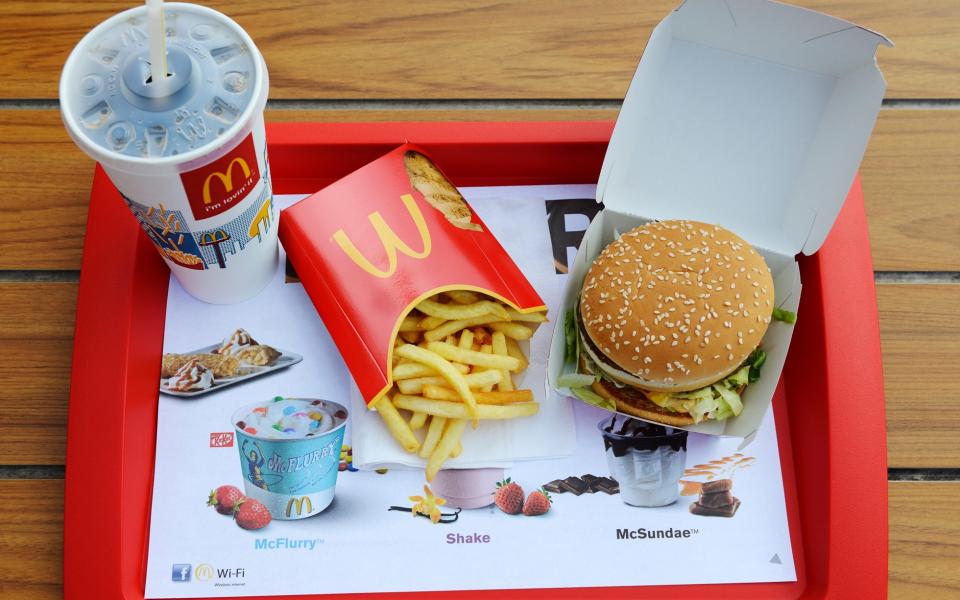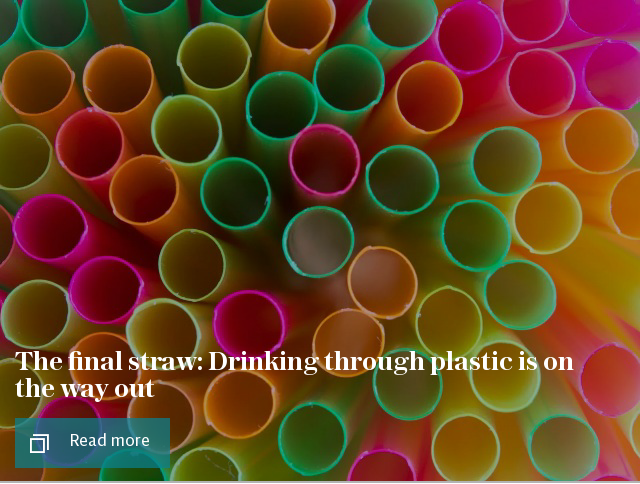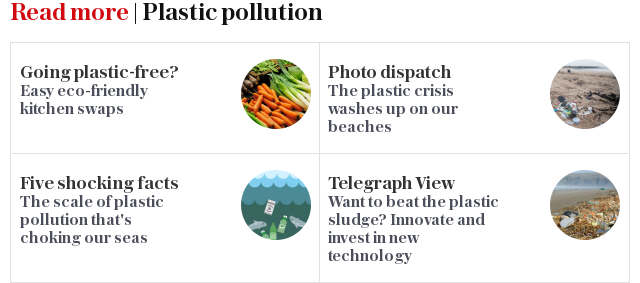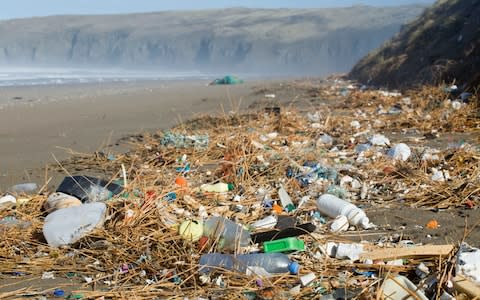McDonald's to scrap plastic straws across all UK and Ireland restaurants

McDonald's will stop using plastic straws across all of its UK and Ireland restaurants, replacing them with paper alternatives from September.
The announcement comes after the fast food chain said in March that it would remove plastic straws, of which it uses around 1.8 million every day in Britain.
All 1,361 restaurants will begin the roll-out from September, with the process to be completed next year.
McDonald's said it had found two suppliers to meet its needs for paper straws, the start-up Transcend Packaging based in Wales, and Huhtamaki, a global company which will produce the straws at its plant in Belfast.
The move comes amid increasing pressure on companies to reduce the amount of single-use plastic they use, because of concerns over plastic pollution in the, oceans where items such as straws end up harming, and often killing, wildlife like turtles, birds and fish.
McDonald’s, as the largest fast-food chain in the world, had been urged to lead the way and ban plastic straws across all of its 36,000 outlets.
But other UK food chains have already ditched plastic straws from their restaurants.

Earlier this year, Leon announced it had replaced plastic straws with a biodegradable alternative, while all JD Wetherspoon pubs stopped using plastic straws at the beginning of the year. Pizza Express said it would replace all plastic straws with biodegradable ones by the summer.
Wimbledon has joined the plastic war, too, after it announced it will scrap straws at this year's tennis championships, after using more than 400,000 during last year's tournament.
The Government has unveiled plans that could see plastic straws, drinks stirrers and cotton buds banned from sale in England as part of efforts to cut the amount of waste which ends up in rivers and oceans.

Paul Pomroy, chief executive of McDonald's UK and Ireland, said: "Reflecting the broader public debate, our customers told us they wanted to see a move on straws but to do so without compromising their overall experience when visiting our restaurants.
"The Government's ambitious plans, combined with strong customer opinion, has helped to accelerate the move away from plastic and I'm proud that we've been able to play our part in helping to achieve this societal change."
McDonald's' ban does not yet extend to the rest of the chain's global franchise, but trials will begin in selected restaurants in the US, France and Norway. In parts of Latin America and Malaysia, the company offers straws on request only.

David Attenborough’s Blue Planet has been credited by the Government as the inspiration behind its crackdown on plastic.
In the BBC documentary, the veteran broadcaster showed how plastic is having a devastating effect on the ocean when a hawksbill turtle becomes tangled in a plastic sack, while a pod of pilot whales swim around with a dead newborn calf after it was poisoned by pollution in the oceans.
A recent study estimated that green sea turtles are 50pc more likely to ingest some form of plastic than they were 30 years ago. They often end up mistaking items like plastic bags and straws for food, which can lead to blockages, infections and death.
Plastic straws take around 200 years to break down, but as the material cannot biodegrade, they will remain in the environment for thousands of years.

 Yahoo Finance
Yahoo Finance 